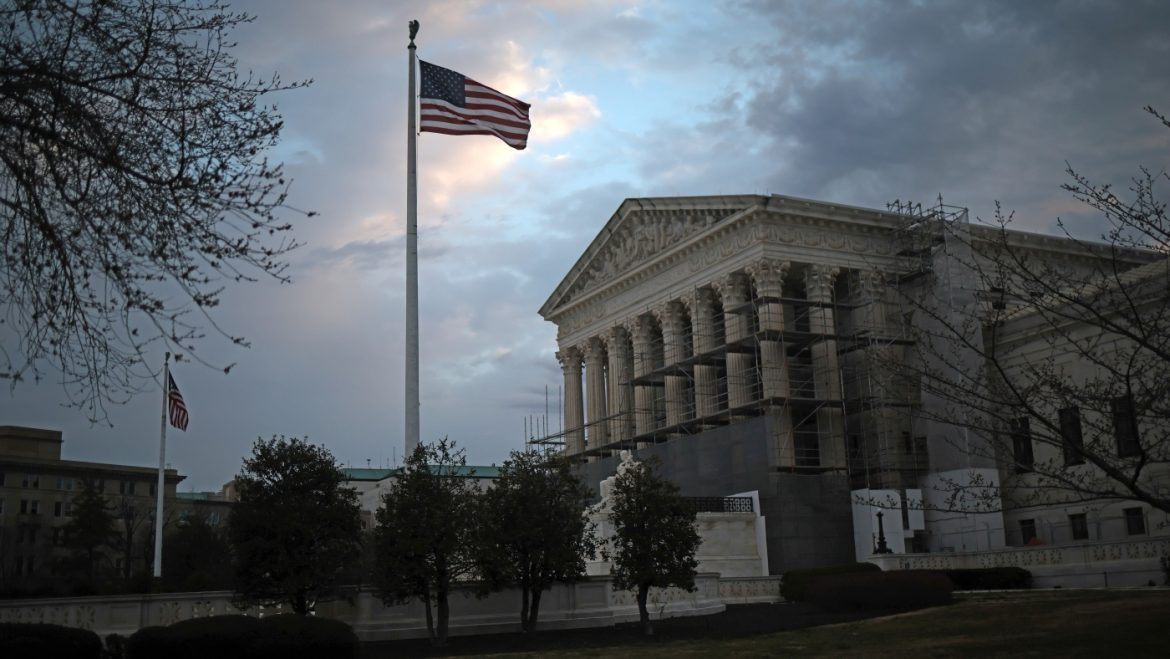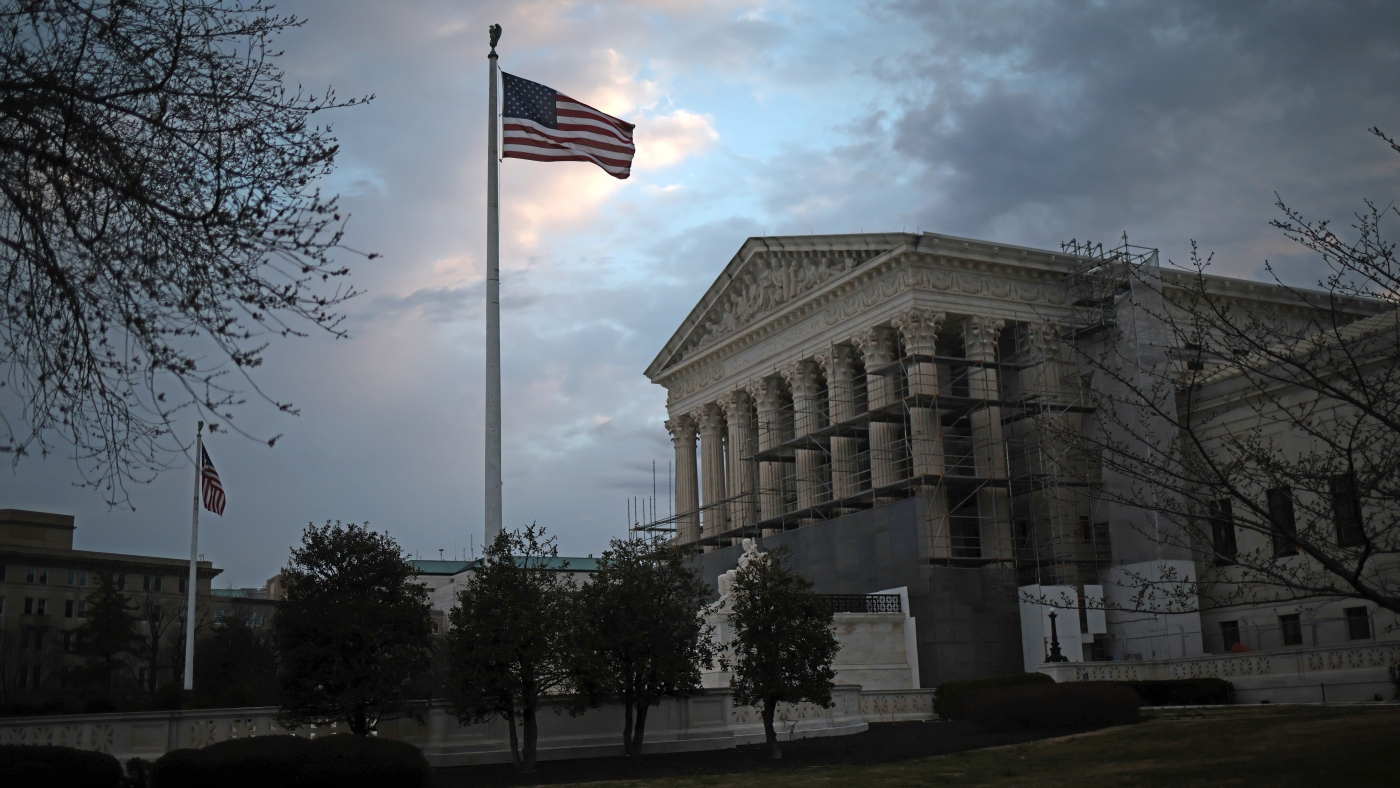Analyzing the Supreme Court’s Pause on Deportations Under the Alien Enemies Act
The U.S. Supreme Court has recently taken significant steps to extend a preliminary injunction that pauses deportations of Venezuelan immigrants in Texas under the Alien Enemies Act (AEA). This development marks a critical moment in the intersection between immigration enforcement, wartime law, and constitutional rights, revealing a complex legal landscape with profound human and political consequences.
—
Background: The Alien Enemies Act and Its Contemporary Use
Originally enacted in 1798, the Alien Enemies Act is an 18th-century wartime statute that grants the U.S. government the authority to detain and deport nationals of a country with which the U.S. is at war or in conflict. Its historical context was vastly different from today’s immigration enforcement needs, and its usage now is highly controversial.
The Trump administration invoked this rarely used law to expedite the deportation of Venezuelan immigrants in Texas, labeling some as threats due to alleged gang affiliations. The intention was to swiftly remove these immigrants under the administration’s broader immigration crackdown policies.
—
The Legal Clash: Immediate Deportations vs. Judicial Oversight
The Supreme Court’s recent rulings expose deep concerns over the Trump administration’s rapid deportation efforts. The Court granted a preliminary injunction to halt these deportations, underscoring that the administration’s attempts exceed the law’s intended scope.
Lower courts had already been skeptical. For example, district courts in Texas and judicial panels refused to approve fast deportations without ensuring due process. The litigation, propelled by advocacy groups such as the ACLU, emphasized the migrants’ rights to challenge their removals in courts with jurisdiction over their detainment locations. The courts consistently emphasized that deportations cannot proceed without proper legal procedures and judicial review.
In particular, judges argued that the administration’s broad application of the Alien Enemies Act to deport alleged gang members exceeded the law’s scope and historical intent. The judicial pushback revealed a tension between national security concerns and individual rights protections upheld by the justice system.
—
Supreme Court’s Stance: Extending the Pause and Emphasizing Legal Process
The Supreme Court, in a 7-2 majority decision, has repeatedly blocked new deportations under the AEA, extending pauses on removals of Venezuelan immigrants, especially those detained in northern Texas. Notably, the Court’s actions suggest unease about the government’s expedited removal strategy without thorough judicial scrutiny.
The Court’s injunctions currently prevent deportations until a federal appeals court can examine the migrants’ claims that legal protections may have been violated under the Alien Enemies Act. The injunctions serve as critical safeguards, ensuring due process rights are preserved while legal questions about the law’s reach are resolved.
This series of orders marks a rebuke of the administration’s use of an antiquated wartime statute for contemporary immigration enforcement, highlighting the judiciary’s role in checking executive power.
—
Implications for Immigration Policy and Judicial Oversight
The Supreme Court’s intervention signals broader implications for immigration enforcement strategies, particularly when historic laws collide with modern constitutional interpretations.
– Judicial Review as a Barrier to Swift Deportations: The Court’s insistence on judicial oversight reinforces that legal protections and fair hearings cannot be sidelined, even under claims of national security or gang-related threats.
– Limits on Executive Power: The rulings clarify that the executive branch cannot unilaterally extend the ambit of the Alien Enemies Act to fast-track deportations without clear congressional authorization or adherence to due process norms.
– Human Rights and Legal Protections: The pauses prevent immediate removals to countries with concerning human rights records, such as El Salvador, which has drawn criticism for jail conditions and security issues. This underscores the humanitarian dimensions intertwined with legal and policy decisions.
—
The Continued Legal Battle and Future Prospects
Following the Supreme Court’s pauses, lower courts and appeals judges now face the task of analyzing the legality of deportations under the Alien Enemies Act. The litigation remains active, with advocates pressing for permanent injunctions and the administration seeking to overturn restrictions.
The government’s Solicitor General has requested that the Supreme Court dissolve the blocks so deportations can proceed, arguing compliance with previous guidance. Meanwhile, courts have responded with caution, emphasizing that rights to challenge removals cannot be bypassed.
This ongoing judicial tug-of-war will likely culminate in a fuller legal examination of the statute’s application and potential limits established by constitutional protections. The case serves as a critical test of how centuries-old laws can be applied in 21st-century immigration enforcement contexts.
—
Conclusion: A Judicial Warning on Overreach and a Pause for Due Process
The Supreme Court’s extension of the pause on deportations under the Alien Enemies Act not only halts immediate removals of Venezuelan immigrants but sends a broader message about preserving constitutional rights amid national security claims. This judicial oversight places a necessary check on executive power stretched beyond clear legal authority.
The unfolding legal drama around the AEA’s use reveals the challenges of applying antiquated legislation to modern immigration enforcement, highlighting the crucial role courts play in balancing government authority with fundamental human and legal protections. The pause offers a moment to reconsider the reach of wartime laws in peacetime and underscores the enduring importance of due process in America’s legal system.


